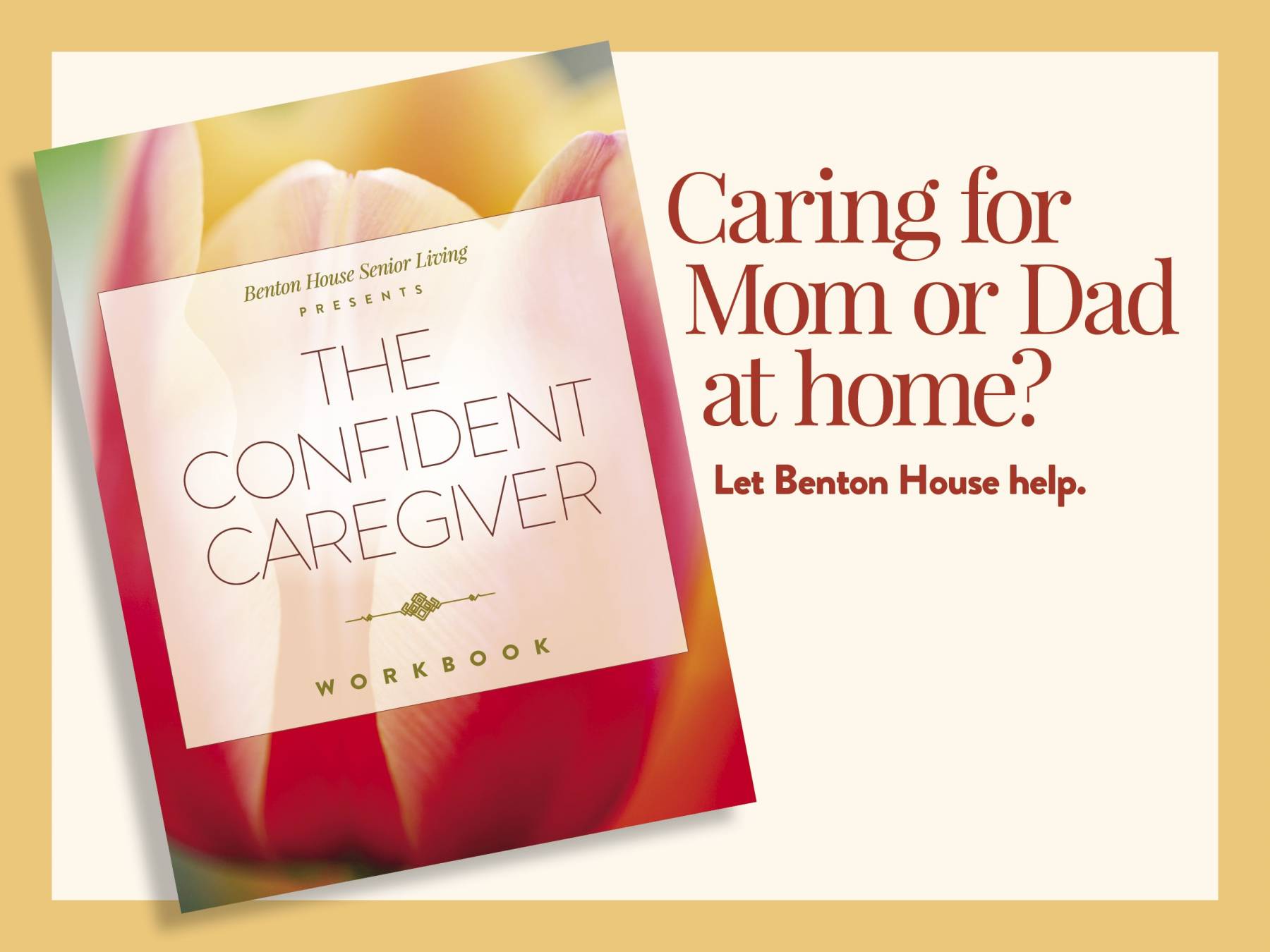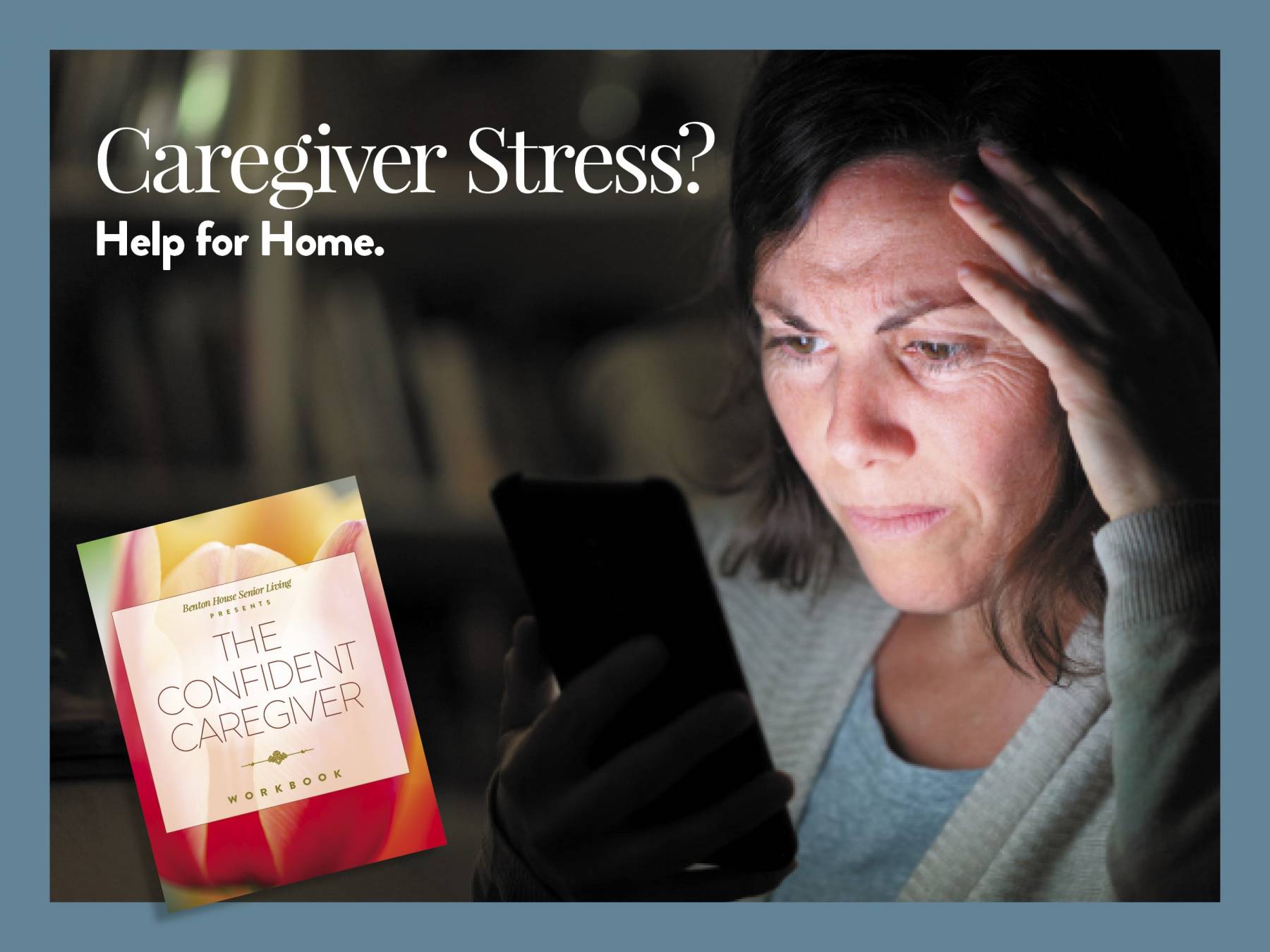As a caregiver for a senior loved one, do you ever worry if they understand their prescription regiment?
Or feel unsure of whether they can accurately identify their different pills, or even why they’re taking each one?
Supporting your aging parent in preventing medication errors can feel like a balancing act. How can you offer support while also respecting their independence? It can be challenging to navigate.
But effectively managing medicine is crucial to the well-being of seniors. In fact, 15% or more of older patients who visit offices, hospitals, and extended care facilities require care due to taking medications improperly.
How Medication Errors Happen
Older adults are often on multiple medications for multiple conditions, prescribed by multiple physicians. On top of the inherent risk of confusing so many medications, the unstructured environment and unique communication challenges of living at home as a senior also contribute to medication errors.
What does this actually look like? For example, mom may take a fall because she feels dizzy. When you dig into it, the doctors may identify her dizziness as a direct result of taking her blood pressure medicine incorrectly.
Or perhaps dad drops pills on the floor. He either doesn’t realize it, or can’t lean down to pick them up. This could result in his not taking the proper dosage, getting confused, and forgetting to eat, or maybe wandering outdoors without being certain where he’s going.
Luckily, there are many tried-and-true methods to support your loved one in preventing medication errors. Help keep your aging loved one on track with one or more of these tools or methods.
Let’s dive in.
Simple Systems For Preventing Medication Errors
Anyone who takes medication can benefit from reminder tools. But it can be especially tough for older adults coping with memory loss, like Alzheimer’s or dementia. Mix and match any of these methods to help your loved one stay on track with taking the right medication, at the right time.
Medication chart template
Sometimes, simple is best. Start with a medication chart template that you can print out. Keep it in a highly visible area, like the refrigerator. No bells and whistles to distract, just a clear visual guide with space to write each medication and dosage, along with boxes to check off when each pill has been taken.
Manual daily or weekly pill organizers
Simple manual pill organizers typically come in daily and weekly versions and are an ideal complement to a medication chart template. The most stripped down versions typically have one compartment for each of the seven days in a week. However, they can get as complex as multiple compartments to organize as many as 30 days of pills.
Reminder calls from a loved one or family member
If your aging parent or older adult in your care could use further support to remember to take their medication, a reminder call is a wonderful option. Try a simple phone call in the morning and evening, or whenever they need to take their pills. Bonus: this human-centered method offers time to personally connect and support their social needs as well.
Medication management devices with alarms
Even the most highly organized systems for preventing medication errors are useless if your loved one struggles to remember to use them. Sometimes reminder calls aren’t feasible or desired, and that’s where it can make sense to invest in a medication management device with an alarm. These devices offer audible and visual reminders to reliably take the right pills at the right time.
Automatic pill organizers
For aging adults with a complex medication schedule, you might want to consider investing in an automatic pill organizer. These high-tech medication minding systems typically hold a few months of pills, offer various alarm styles, and can even synchronize with a smartphone app.
Next Steps
Did one or more of these methods seem helpful for you?
Preventing medication errors for seniors in our care can seem daunting. But hopefully this overview of both ultra simple and more high tech options sparked an idea that will help.
Would you like more hands on support caring for your elderly parent? We’re here to help.
Get tailored caregiver assessments — plus actionable support — completely free of charge.
Simply call us at 855-461-2552 or send us a message, anytime.



